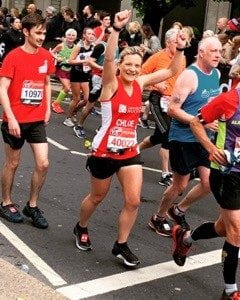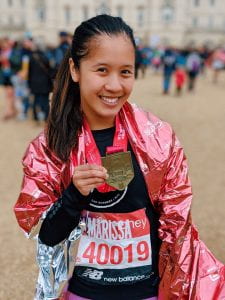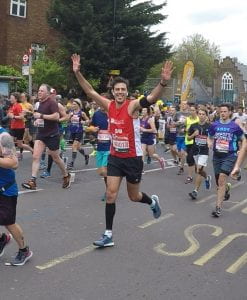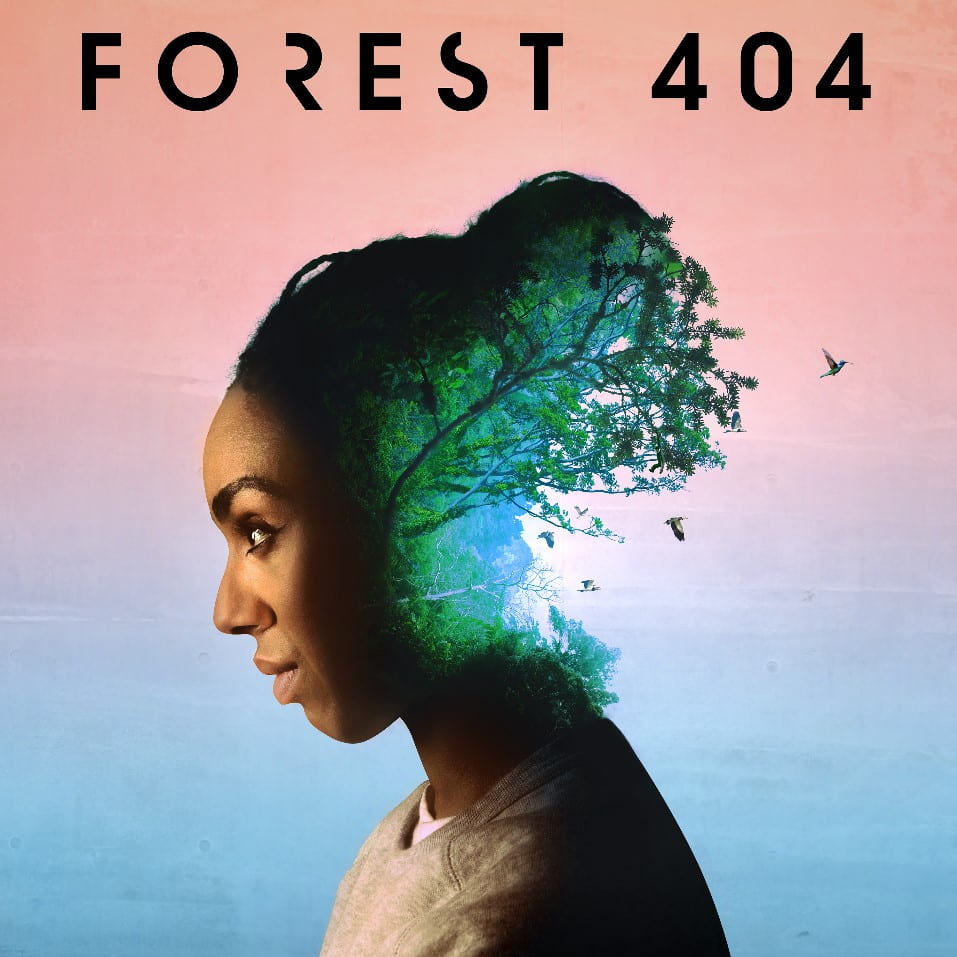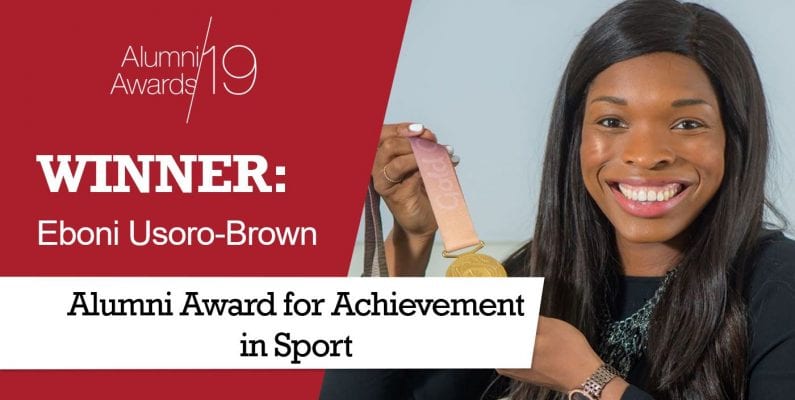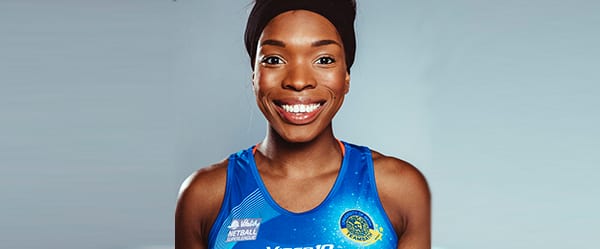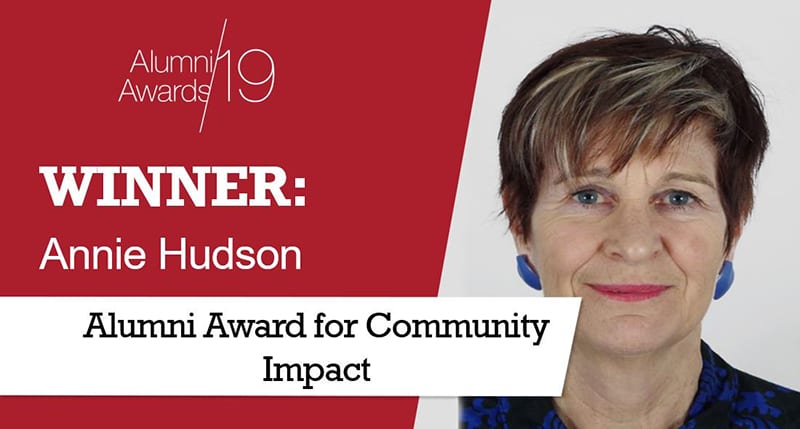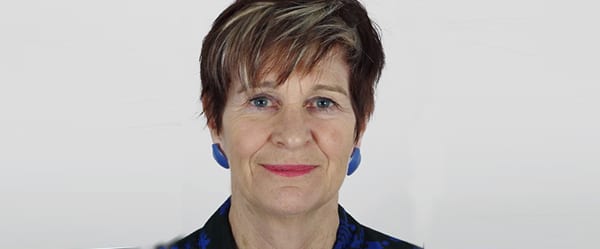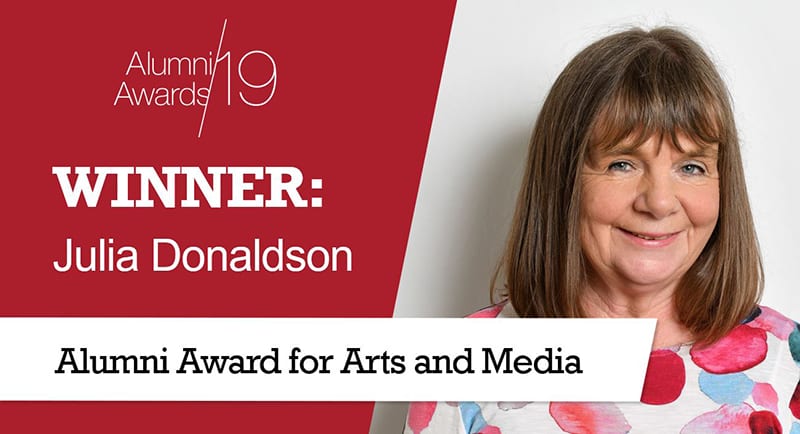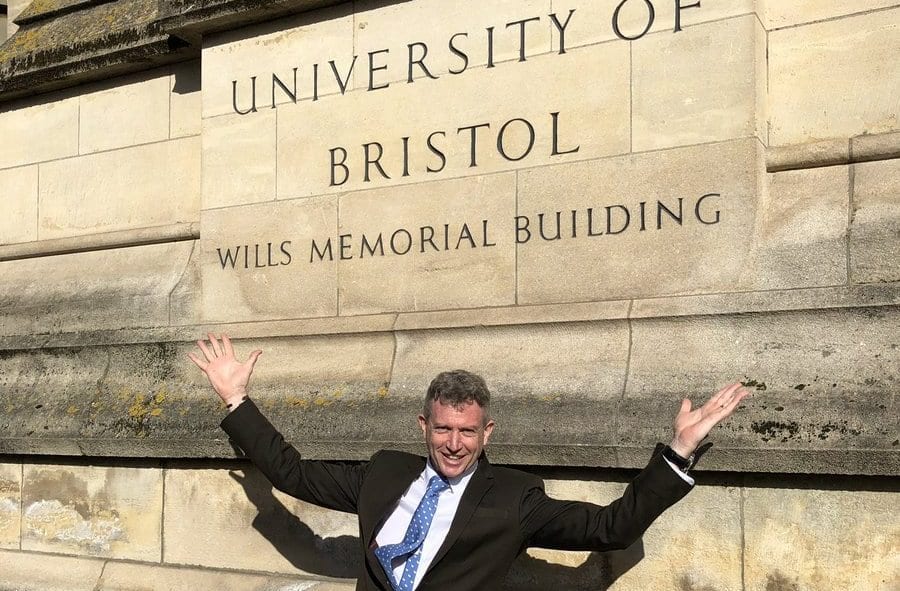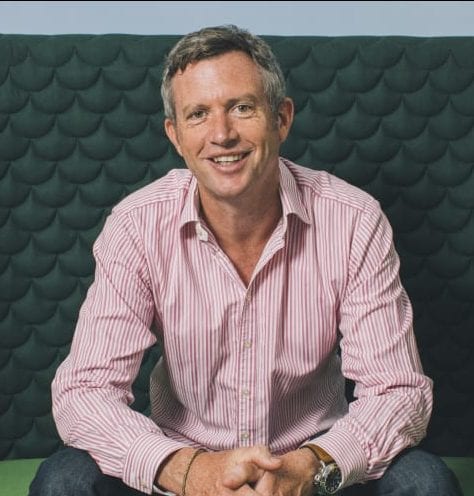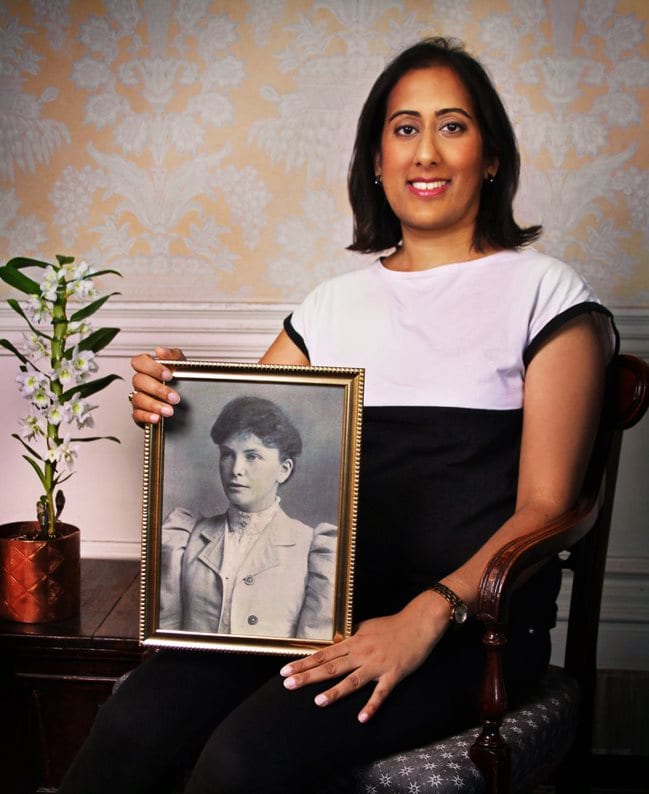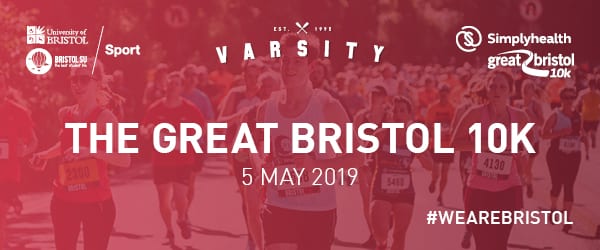On 28 April 2019, seven Bristol alumni, staff and students ran the London Marathon in support of Healthy Minds, a physical activity programme at the University which taps into the benefits of exercise to support students affected by mental ill health.
Thank you to Chloe, Chris, Grace, Jack, Marissa, Sam and Verity, who raised a fantastic total of £15,276.31. We are delighted to congratulate them on their success, and share their thoughts about the experiences they had running for Bristol.
“I couldn’t have been more proud to represent the University at such a fantastic event. It was unforgettable.
The moment I found out that I had received a Golden Bond place I was overjoyed and overwhelmed and filled with happiness. I have always wanted to run a marathon, but not just any marathon; for many years my eyes have been set on London. The London Marathon was absolutely incredible. It was such a special and momentous experience and I will never forget it.
Before I ran the marathon, I said that it would be the first and the last purely based on the commitment to the training plan alongside other commitments. Not even a week after running it, I have not only entered the ballot for London next year, I have also entered the Manchester Marathon in 2020.
The crowds and support in London on the day of the marathon were on a whole new level. The experience was so different to any race I had ever done before, and I would happily run the London Marathon each and every single year if I could. I managed to finish the London Marathon in a time of exactly 4 hours! Just 1 second off my target, but that’s the price that has to be paid for a perfectly paced and perfectly timed marathon – so I’ve been told! I’ll get it next time!”
“The marathon gave me a goal, an objective, something to strive for outside of a professional setting. It gave me an active lifestyle and embodied everything that Healthy Minds stands for, for myself. One week after the London Marathon, I woke up and felt strange for not having to go out and complete my Sunday long run – something that I had been doing for the past 5 months. I realised that the training has enforced a habit, which at its worst forces me not to look at a screen for a couple of hours and at best gives me a huge endorphin rush when I break a personal best. I have now signed up for the London Triathlon, Olympic distance, at the end of July. This should theoretically be easier than the Marathon, but is another venture to seek out.
It is quantifiable how much running the marathon has helped me with dealing with my grief, but I recognise that I am now in a better mental position than I was in before I started training, and that exact opportunity is what I want to thank Bristol for.”
“It was an incredible experience, and I was overwhelmed by the support of the crowds! I managed to see Jack and Chris also running for Bristol at the start line, but ran for most the way with another alumni student who I’d been at University with. I was honoured to be running for such an important cause.”
“The whole London Marathon experience is one that I’ll never forget. For every mile of the race (and every mile during training), it felt so meaningful to do it for a cause that was much greater than just my own personal athletic goals. The work I put into training was fuelled by my motivation to give back to the University of Bristol’s Healthy Minds Programme – an initiative that I care deeply about and resonates with me. The marathon race itself was like a victory lap around the great city of London, to celebrate months of training and generous funding from all my supporters.”
“It was an incredible day, the crowds were fantastic and the atmosphere like nothing I’ve experienced. I set myself three goals for the day: 1. Finish. 2. Try to do this in under 4 hours. 3. Try to do this without walking.
Everything was going well and I was exceeding expectations up to mile 19 in Canary Wharf, but nothing prepares you for the physical and mental anguish of hitting ‘the wall’. I’d experienced glimpses of what I thought was the wall in the training. Forcing your body to keep moving when every signal it’s giving you says it’s a terrible idea is really tough.
When I stepped over the finish line I felt an enormous sense of pride in what I’d accomplished, not just over the past 3 hours and 50 minutes, but over the whole 6 month period of training. I honestly can’t think of a more appropriate way to raise money for the University’s Healthy Minds Programme than by taking on the mental and physical battle of the marathon, and would encourage anyone, particularly those who struggle with their mental health, to take on the challenge in the future.”
Feeling inspired? The University of Bristol has five places in the 2020 Virgin Money London Marathon, and applications for the places will open in Autumn this year. For more information, please contact alumni-marathon@bristol.ac.uk.

